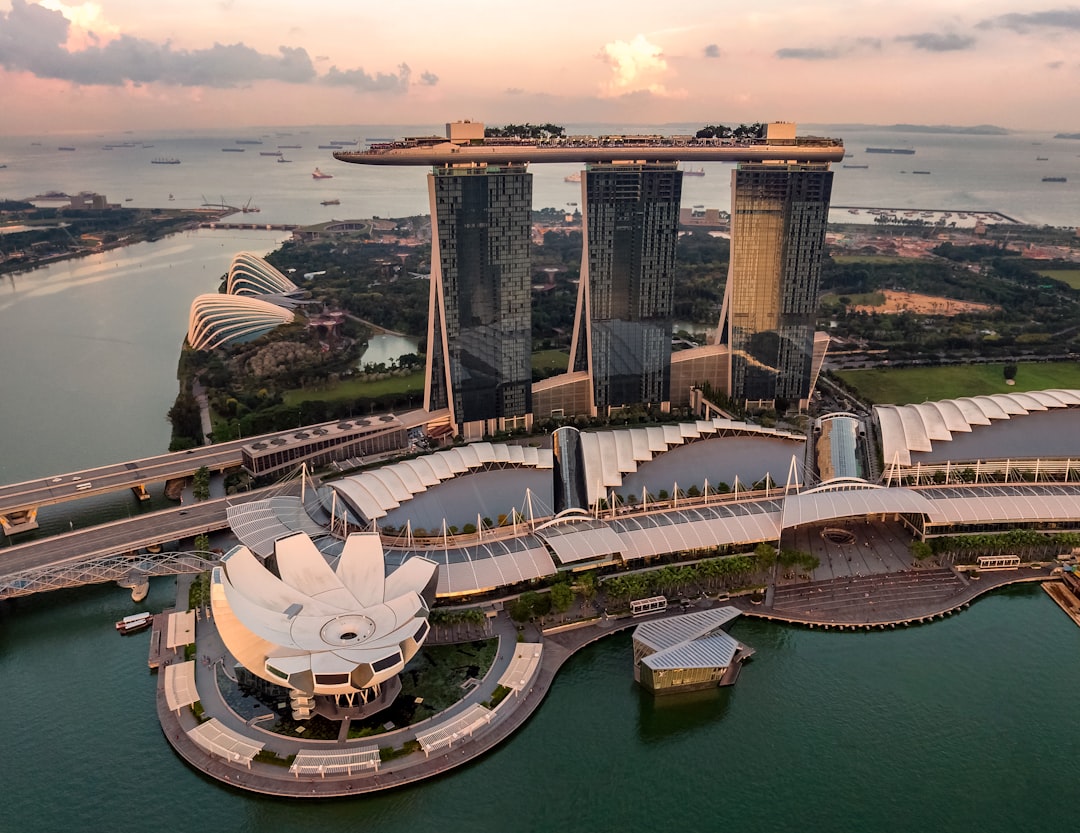Trends, Forecasts, and Government Policies
An overview of the current and future trends in the Singapore property market, including factors influencing these trends, the impact of government policies, and the growth drivers for the real estate market.
Property Market Trends in Singapore
Current Trends in the Singapore Property Market
The property market in Singapore is currently witnessing several significant trends. The residential market is showing signs of stabilisation, with cooling demand and an increase in Built-to-Order (BTO) flats launched, attracting first-time home buyers away from the Housing Development Board (HDB) resale market. For instance, the stabilization in the residential market is evident from the shift in buyer preferences towards BTO flats, which are a result of the increased supply and affordable pricing compared to the HDB resale market. Moreover, the SRX Property Index reflects five consecutive months of price increase for Condo Resale, although there was a slight decrease in volume in December 2023. This example illustrates the resilience of the condo resale market despite the fluctuations in volume, indicating sustained interest and demand for condominium properties. Furthermore, the rental market in Singapore is experiencing a slowdown in demand, and rental prices are expected to soften as the supply increases. This shift in the rental market reflects the broader economic conditions and the impact of supply dynamics on rental pricing, influencing both landlords and tenants in their decision-making processes.
The current trends in the Singapore property market are influenced by various factors. The high interest rate environment, along with property cooling measures and uncertain economic prospects, are dampening buying sentiments and causing sellers to pause, thus impacting the property market. These factors have created a cautious atmosphere within the property market, leading to strategic decision-making by both buyers and sellers. Furthermore, rising home acquisition costs and economic uncertainties are influencing seller behavior and buyer sentiments, contributing to the uncertain property market outlook. The impact of these factors is evident in the shifting behavior of market participants, as they navigate the evolving landscape of the property market in Singapore.
Forecasted Future Trends
Looking ahead, the property market outlook in Singapore remains uncertain due to geopolitical tensions, high interest rates, and the lack of urgency among sellers to lower prices. This uncertainty underscores the complexities and challenges that may shape the future trajectory of the property market. Government policies will continue to play a pivotal role in shaping the future trends of the Singapore property market. For instance, the government’s policy decisions regarding housing and real estate will be closely monitored by industry stakeholders and market participants as they anticipate the potential impact on market dynamics and investment strategies.
Singapore Real Estate Market Growth Drivers
The growth of the Singapore Real Estate Market is driven by various factors. It is estimated to reach USD 64.04 billion by 2029, with a compound annual growth rate (CAGR) of 6.57% This growth is attributed to the demand for affordable housing projects and the increasing need for logistics and industrial real estate. Additionally, Singaporean investors have shown a preference for office and industrial developments, with significant outbound investment sales recorded. These growth drivers highlight the diverse investment opportunities within the real estate market and the evolving trends in investor preferences, shaping the overall market landscape.
Impact of Government Policies on the Property Market
Government policies have a significant impact on the Singapore property market, influencing both current and future trends. These policies play a crucial role in shaping the dynamics of the property market and are closely monitored by market participants and stakeholders. For example, the introduction or modification of policies related to property ownership, taxation, and housing regulations can directly influence market behavior, investment decisions, and overall market sentiment. Therefore, the alignment of government policies with market needs and economic conditions is essential for maintaining a stable and sustainable property market environment.
Rental Market in Singapore
Year-End Review of the Singapore Property Market
A retrospective analysis of the Singapore property market in 2023 reveals notable trends and developments. The calming down of Singapore’s private property market was observed, with transaction volumes for private non-landed homes decreasing by 14.4% [4]. This decline in transaction volumes underscores the evolving market conditions and buyer behavior within the private property segment. Additionally, rising sub-sales made up a small portion of the market, but increased by 59%. These trends indicate the shifting patterns of property transactions and investment activities within the market. Moreover, prices increased across the board, and a rapidly rising supply of homes is expected to slow down prices in 2024. The projected impact of increased housing supply on property prices underscores the importance of supply-demand dynamics in shaping market trends.
Singapore Real Estate Market Size and Forecast
The Singapore Real Estate Market is moderately competitive, with prominent domestic players and a sizeable number of foreign investors. The market is segmented by property type and value, with market size and forecasts provided for each segment. This segmentation provides insights into the diverse nature of the real estate market in Singapore and the opportunities it presents to investors and stakeholders. The market size and forecasts offer valuable data for industry participants, enabling informed decision-making and strategic planning based on the specific characteristics and growth potential of each market segment.
Residential Segment in the Singapore Real Estate Market
The residential segment in the Singapore Real Estate Market has witnessed notable developments. Rental demand in this segment is steadily rising, indicating the evolving preferences and lifestyle choices of residents. The introduction of 41 new private residential projects in 2022 has impacted the market dynamics, reflecting the ongoing development and expansion of residential options for potential homebuyers and tenants. These developments underline the importance of understanding consumer preferences and market demand in shaping the residential real estate landscape.
In conclusion, the property market trends in Singapore are influenced by a dynamic interplay of economic, regulatory, and consumer-driven factors. The evolving landscape of the real estate market necessitates a comprehensive understanding of these trends, enabling informed decision-making and strategic planning for industry stakeholders and investors. The forecasted future trends and growth drivers offer valuable insights into the potential opportunities and challenges that lie ahead, shaping the trajectory of the Singapore property market. As the market continues to evolve, adapting to changing dynamics and leveraging market insights will be essential for navigating the complexities of the property market in Singapore.





